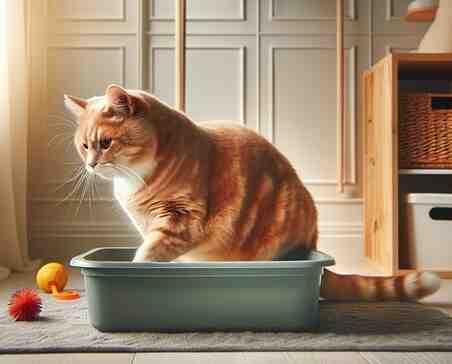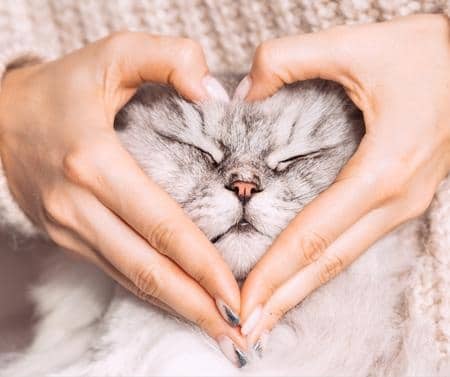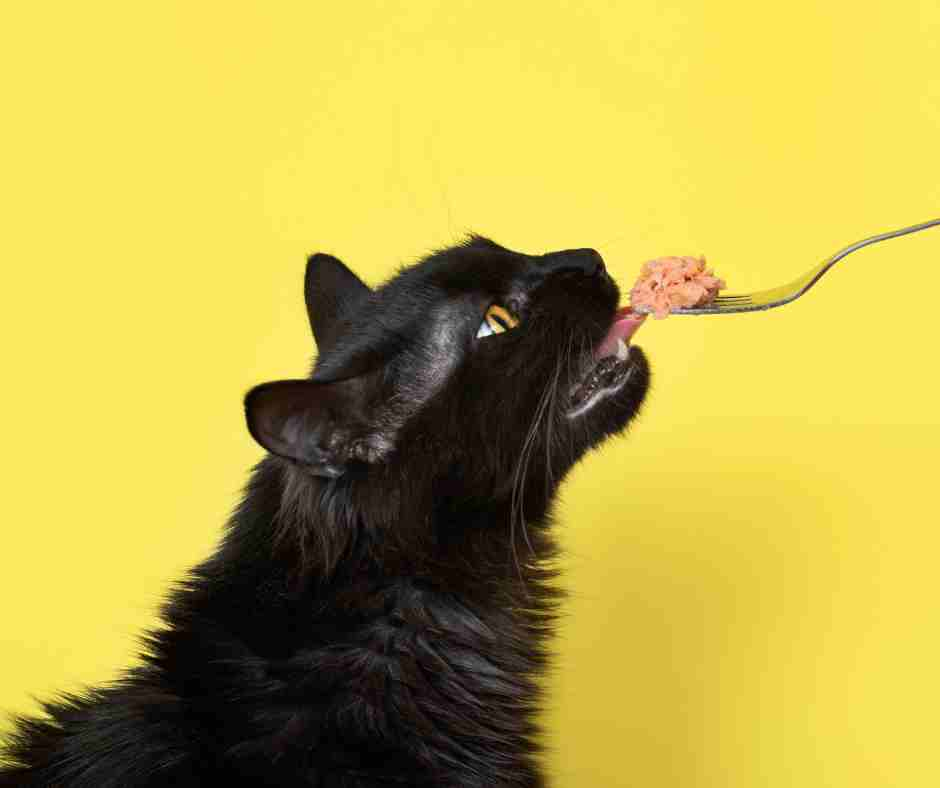Feline Heart Disease: Hypertrophic Cardiomyopathy Demystified is a comprehensive guide that unravels the complexities of this common condition in cats. From understanding the underlying causes to recognizing the symptoms, this book provides invaluable insights for cat owners. With expert advice and practical tips, it aims to empower readers in managing their feline's heart health effectively.

Cat is Peeing Outside the Litter Box – Understanding Feline Inappropriate Urination
Introduction: The Frustrating Problem of Feline Inappropriate Urination
Feline inappropriate urination is a common and frustrating problem faced by many cat owners. It can be incredibly frustrating to find your beloved feline friend peeing outside the litter box, leaving behind unpleasant odors and stains.
However, it is important to understand that this behavior is not a deliberate act of defiance or spite, but rather a sign that something is amiss in your cat’s world.
Understanding the Root Causes: Exploring the Reasons Behind Your Cat’s Behavior
To effectively address feline inappropriate urination, it is crucial to understand the root causes behind this behavior. Cats are creatures of habit, and any deviation from their normal routine can trigger stress and anxiety, leading to inappropriate urination.
Additionally, medical issues such as urinary tract infections, bladder stones, or kidney disease can also cause cats to urinate outside the litter box.
Medical Issues: Identifying and Treating Underlying Health Conditions
One of the first steps in addressing feline inappropriate urination is ruling out any underlying medical conditions. It is estimated that approximately 10% of cats with inappropriate urination have an underlying medical issue.
Therefore, it is essential to consult with a veterinarian to conduct a thorough examination and run necessary tests to identify and treat any health conditions that may be contributing to the problem.
Stress and Anxiety: How Emotional Factors Can Lead to Inappropriate Urination
Stress and anxiety are significant contributors to feline inappropriate urination. Cats are highly sensitive animals, and any changes in their environment or routine can trigger stress. This can include the introduction of a new pet or family member, moving to a new home, or even changes in the household dynamics.
It is important to create a calm and stress-free environment for your cat to help alleviate their anxiety and reduce the likelihood of inappropriate urination.
Litter Box Problems: Addressing Issues with the Litter Box Setup
Litter box problems are another common cause of feline inappropriate urination. Cats are very particular about their litter box preferences, and any issues with the litter box setup can lead to avoidance behavior. Some common litter box problems include using the wrong type of litter, not providing enough litter boxes for multiple cats, or failing to clean the litter box regularly.
It is crucial to ensure that the litter box is clean, easily accessible, and meets your cat’s preferences to encourage proper use.
Location Matters: The Impact of Environment on Your Cat’s Urination Habits
The location of the litter box can also play a significant role in feline inappropriate urination. Cats prefer privacy and quiet when using the litter box, so placing it in a high-traffic area or near loud appliances can deter them from using it.
Additionally, some cats may develop a preference for certain surfaces, such as carpet or soft bedding, leading them to urinate inappropriately. Understanding your cat’s preferences and providing a suitable location for the litter box can help prevent this behavior.
Marking Behavior: Differentiating Between Spraying and Inappropriate Urination
It is important to differentiate between marking behavior and inappropriate urination. Marking behavior, also known as spraying, is a natural instinct for cats to mark their territory. Unlike inappropriate urination, spraying typically involves small amounts of urine on vertical surfaces, such as walls or furniture.
Marking behavior is often triggered by social or territorial conflicts and can be managed through behavior modification techniques and environmental enrichment.
Multi-Cat Households: Managing Territory and Social Dynamics
In multi-cat households, inappropriate urination can be a result of territorial disputes or social dynamics. Cats are naturally solitary animals, and conflicts can arise when multiple cats are forced to share resources such as litter boxes or food bowls.
Providing multiple litter boxes, separate feeding areas, and vertical spaces for each cat can help reduce stress and prevent inappropriate urination in multi-cat households.
Changes in Routine: How Disruptions Can Trigger Inappropriate Urination
Cats thrive on routine, and any disruptions to their daily schedule can cause stress and anxiety, leading to inappropriate urination. Changes such as a new work schedule, renovations in the home, or even rearranging furniture can unsettle your cat.
It is important to gradually introduce changes and provide a stable and predictable environment for your cat to minimize stress and prevent inappropriate urination.
Behavioral Modification Techniques: Training Your Cat to Use the Litter Box
Behavioral modification techniques can be effective in training your cat to use the litter box consistently. Positive reinforcement, such as treats or praise, can be used to reward your cat for using the litter box correctly.
Additionally, providing a consistent routine, maintaining a clean litter box, and addressing any underlying medical or environmental issues can also help in retraining your cat’s behavior.
Environmental Enrichment: Creating a Stimulating and Stress-Free Environment
Creating a stimulating and stress-free environment is crucial in preventing feline inappropriate urination. Cats need mental and physical stimulation to thrive, so providing toys, scratching posts, and interactive playtime can help alleviate boredom and reduce stress.
Additionally, creating vertical spaces, such as cat trees or shelves, can give your cat a sense of security and territory, reducing the likelihood of inappropriate urination.
Seeking Professional Help: When to Consult a Veterinarian or Animal Behaviorist
If your cat continues to exhibit inappropriate urination despite your best efforts, it may be necessary to seek professional help. A veterinarian or animal behaviorist can provide expert guidance and develop a tailored plan to address your cat’s specific needs.
They can conduct a thorough evaluation, recommend appropriate treatments, and provide ongoing support to help resolve the issue.
In conclusion, feline inappropriate urination is a complex issue with various underlying causes. Understanding the root causes, such as medical issues, stress, litter box problems, and environmental factors, is crucial in addressing this behavior.
By implementing behavioral modification techniques, creating a stimulating environment, and seeking professional help when necessary, you can effectively manage and prevent feline inappropriate urination, ensuring a happy and healthy relationship with your feline companion.




This Post Has 0 Comments